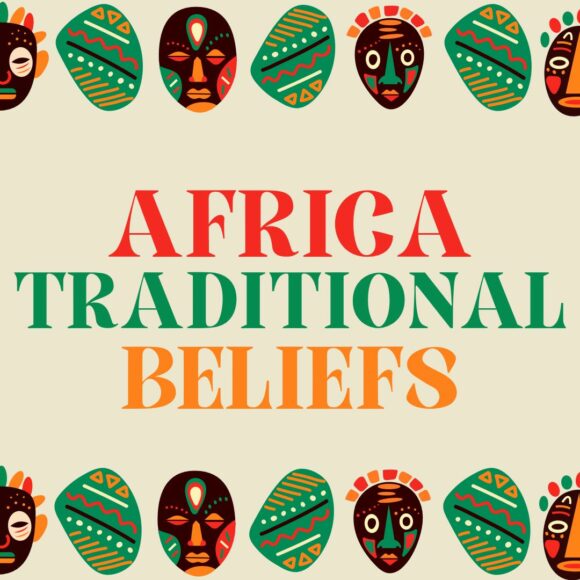
by Antonio Napoli
Is it possible to think, feel, love, or suffer without words? When silence speaks louder than any speech, are we still within the realm of language—or somewhere else? Dreams, which gain in impression but lose in clarity—can they truly be expressed in words? And can memory survive without writing, which, though wrapped in the fragile body of papyrus, can only come alive again if a soul renders it intelligible?
These were the questions I asked myself the following day, as I observed how that small, silent community lived in peaceful and imperturbable contemplation, ignoring the feverish frenzy of commerce on land and sea, neglecting a world teetering between ruin and rebirth. I wandered among the worktables of that great family of men and women with serene faces, sand-colored garments, downcast, absorbed eyes. They transcribed works, multiplying them as if their lives depended on it. Watching over them was a man of indeterminate age, with a wrinkled face, a silver beard, and hands adorned by measured gestures.
While I strolled through the library’s rooms, breaking the beam of light that filtered through the windows, outside the Jew walked barefoot, followed by his pale shadow, his gaze lifted to the sky and his ear attuned to the few living things scattered across the open spaces.
Yes, for except a few camels, there were no animals: neither domesticated nor wild. No mouse peeked from the cupboards, no bird flew above our heads.
That was the first strangeness. But there were others, more disturbing, that cracked the apparent stillness of that place.
The almost religious devotion with which the scribes transcribed texts was mirrored in the patient preparation of the papyrus sheets meant to preserve them. After the plant was harvested from a nearby marsh, the long stalks were bundled and brought to a special room of the library, arranged as a workshop. There, with precise gestures, the papyrus was peeled and the pith cut into thin strips, aligned vertically to form a first layer. On top of this, a second layer was placed, with the fibers aligned horizontally. The two layers were then pounded with a small hammer, which released the natural glue holding them together: the papyrus’s own juice. Once dry, the sheet was polished with a seashell and trimmed at the edges, gradually shifting in color from ivory to a yellowish hue.
Yet I perceived no memory in the gestures of these people, nor in most of the books, which I suspected were produced right there. Some scrolls were strange: too soft, too warm to the touch; neither ivory nor yellow in color; faint marks like scars could be seen. And then—there were the voices. Voices that my memory summoned the moment I touched those particular scrolls…
Even Yedidyah was fascinated by that silent order, broken only by the soft whisper of the calamus—a thin, obedient reed stick—drawing truths or lies on perfect columns, while the written word, silent and enduring, replaced the spoken one, as fragile as the wind.
The Jew confided to me the impression that tormented him: it seemed that something unnameable burned on the mute lips of those scribes. We were told that the community practiced sexual abstinence, and indeed, on those bodies that rarely brushed against each other, gender—both male and female—seemed to have vanished, reduced to a distant echo. But there were other bodily mortifications and abstentions.
At lunch and dinner, we ate no meat, as expected: only fruit, vegetables, and bread. But the real surprise was discovering that the others fed solely on papyrus roots, boiled and served in silence.
Soon, however, I realized that wasn’t all. It was only at the end of the second day that Yedidyah and I noticed the most disturbing detail: the librarian and the scribes also ate the scrolls themselves. They unrolled them with sacred delicacy and chewed them with half-closed eyes, as if in prayer, as though each swallowed word brought them closer to the essence guarded by writing.
Watching them devour books, with that religious slowness, took away our appetite but sparked our curiosity about their eating habits.
“An act of assimilation,” explained the librarian, unable to ignore our dismay. “Knowledge must enter us. Become flesh, blood, bone.”
“Knowledge feeds you,” I remarked, with a fragile irony that wasn’t enough to dispel the discomfort.
“A knowledge that is eaten is also a knowledge that consumes,” added Yedidyah, staring at the librarian’s old teeth. “But are you sure it’s not devouring you from within?”
And yet, something didn’t add up.
One night, waiting for the library to be empty, I sought to dispel my doubts: I slipped into one of the rooms and poured some water from my flask onto one of those peculiar scrolls, holding it above the floor. And when I saw the dry ground beside the tips of my feet, I understood. Like the Book of Memory, they too were made of human skin!
My blood froze. Where had these books come from? Were they produced there? How did they obtain the skin?
The voices echoing in my memory warned of mortal danger, but remained obscure. I hinted to Yedidyah that it would be wise to leave.
“Let’s wait for daylight,” said the Jew, retreating to rest.
But I couldn’t sleep, so troubled was I. When the full moon rose, I ventured into the library, determined to learn more. It was the right place. In the silence, I followed the whisper of voices to a massive, unusually empty shelf. I pushed it with all my strength and discovered a passage leading into a tunnel carved into the rock. That’s how I found the forbidden room.
At the end of the underground corridor, a chamber opened, soaked in the scent of skin, blood, and incense. The moon peeked through a small window, like a white, hungry eye. On ivory tables lay dozens of human skins; some still bore tattoos, others bore verses, formulas, incantations.
At the center of the room, in a clay sarcophagus, lay a book. I read its title: The Book of the Dead. I had heard of it before, but always thought it a legend, a dark fairy tale born of the desire for immortality. And yet, it only took a touch for everything to become clearer, under the light of memories that were not mine. The words transcribed on that scroll—made of two interwoven layers running in opposite directions, and a third one, added by a terrible spell tied to the full moon—revealed the rest.
I fled the secret chamber. The floor beneath my feet seemed to burn; behind me, I felt the footsteps of the scribes, the deep breath of the librarian, the dry tearing of scrolls ripped by calami raised like daggers. But I could no longer distinguish between what I imagined and what memory brought to light. I was pursued only by the darkness, broken by shafts of moonlight.
As soon as I crossed the threshold, I looked up at the sky: the moon, full and round, hung high—white and cruel. They would take me and Yedidyah. Our skin would become the patina of a scroll; our existence, written word.
